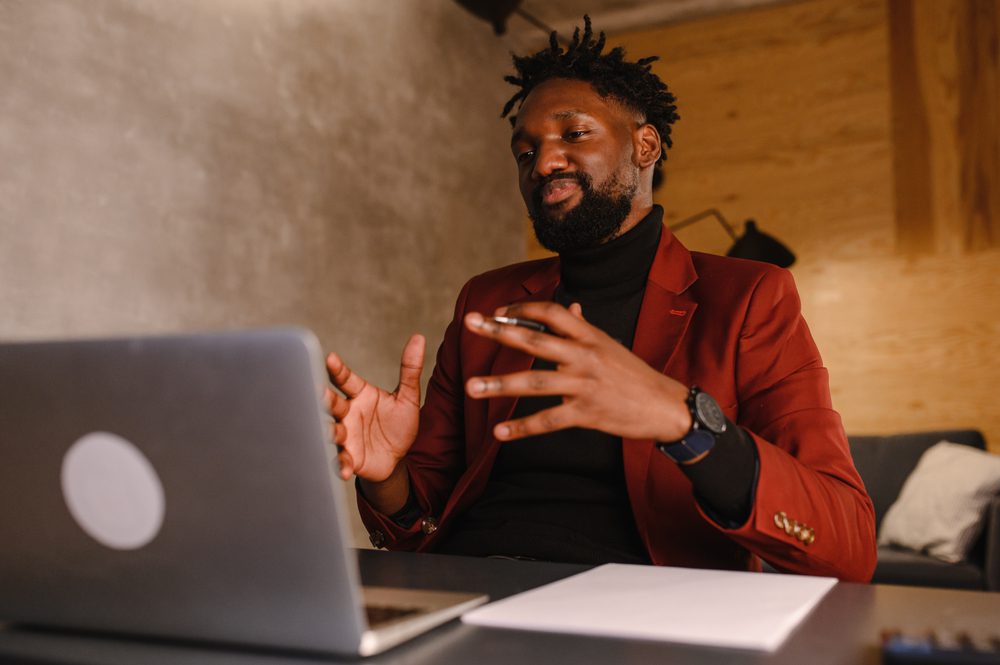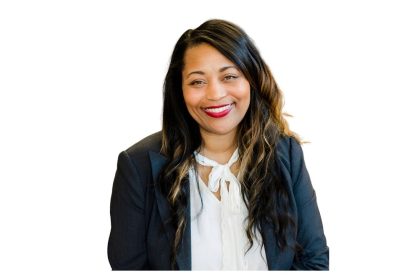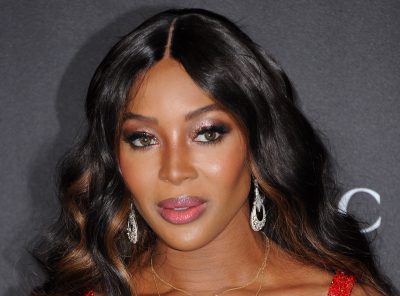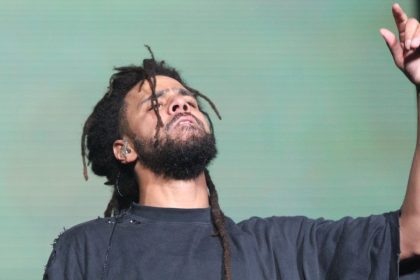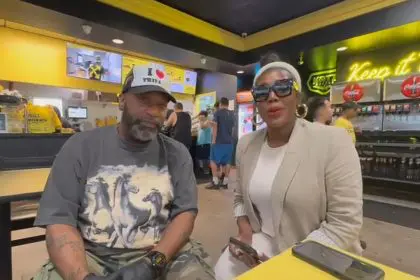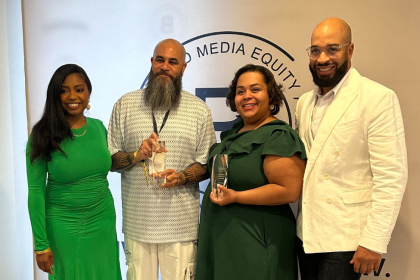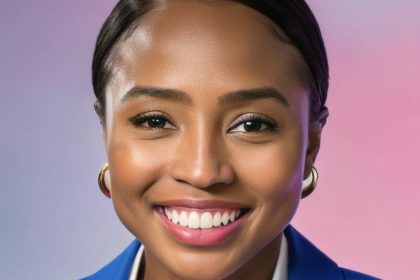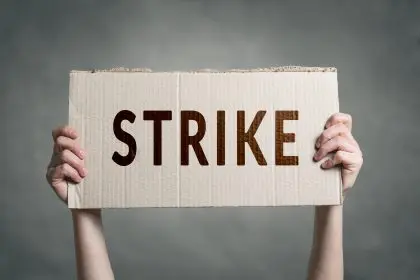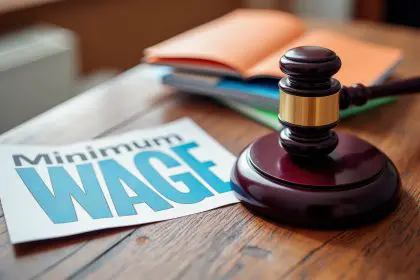In the dynamic realm of job interviews, candidates tirelessly strive to leave an indelible mark. While the mandate for professional attire is undisputed, the conventional wisdom that dressing in designer clothes is the linchpin to success warrants a second look. This article delves into the nuanced reasons why the seemingly foolproof strategy of opting for high-end attire may not always be the most advantageous path for job seekers.
Job interviews are intricate dances where first impressions can shape destinies. The attire a candidate chooses serves as a visual handshake, conveying professionalism and respect for the opportunity. However, the assumption that adorning oneself in designer labels guarantees a favorable outcome is undergoing scrutiny. As we navigate the evolving landscape of career advancement, understanding the intricacies of sartorial choices becomes pivotal. Let’s unravel the layers behind the allure of designer clothes in job interviews and explore why a more thoughtful approach may be the true key to unlocking success in the competitive job market.
The perception dilemma
First and foremost, it’s crucial to understand the potential perception dilemma associated with wearing designer clothes to a job interview. While dressing well signals a sense of professionalism and respect for the opportunity, overly expensive attire might inadvertently convey a different message. Employers may perceive candidates in designer outfits as extravagant or even as individuals who prioritize materialism over substance.
Relatability and cultural fit
The essence of a successful job interview extends beyond qualifications and skills; cultural fit plays a pivotal role in candidate selection. Wearing designer clothes can create a perceived divide between the candidate and the company culture. Employers often seek individuals who not only meet the job requirements but also integrate seamlessly into the existing team. Opting for more modest attire can enhance relatability and showcase an understanding of the company’s values.
Financial awareness
Wearing designer clothes may inadvertently send the wrong message about financial awareness. Employers appreciate candidates who are financially responsible, and spending excessively on attire for a single interview might raise questions about one’s priorities. Job seekers can make a more positive impression by demonstrating financial prudence and allocating resources wisely.
Distraction from qualifications
While a polished appearance is undoubtedly important, it’s equally crucial not to let clothing choices overshadow one’s qualifications and capabilities. A memorable interview should be about the candidate’s skills, experiences and how they align with the job requirements. Overemphasis on designer clothing can shift the focus away from the substance of the interview, potentially diminishing the impact of one’s professional accomplishments.
The rise of business casual
In recent years, the corporate world has witnessed a shift towards a more casual dress code. Many workplaces, even those with traditionally formal atmospheres, now embrace business casual attire. Choosing a well-coordinated, business-appropriate ensemble that doesn’t necessarily include designer labels can be a strategic move. It reflects an understanding of current workplace trends and a willingness to adapt.
The allure of designer clothes as a shortcut to a favorable impression is tempting yet laden with potential pitfalls. This exploration into the downsides reveals a multifaceted dilemma encompassing perceptions, cultural alignment, financial acumen and the precarious balance between image and substance.
As the professional landscape continues to transform, job seekers are urged to adopt a more nuanced approach. The conclusion is clear: a judicious blend of professionalism and relatability, expressed through tasteful, business-appropriate attire, is the compass pointing towards enduring success.
This story was created using AI technology.

